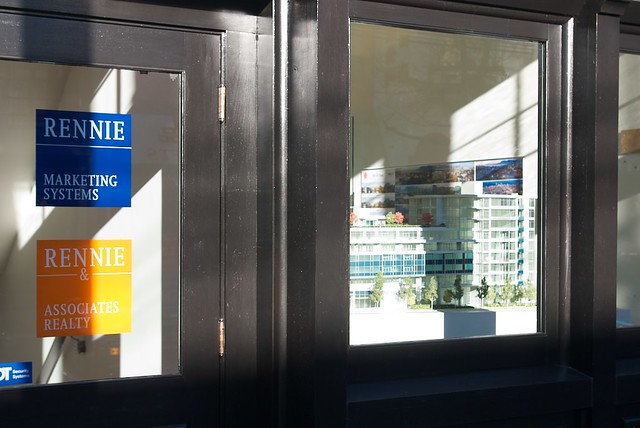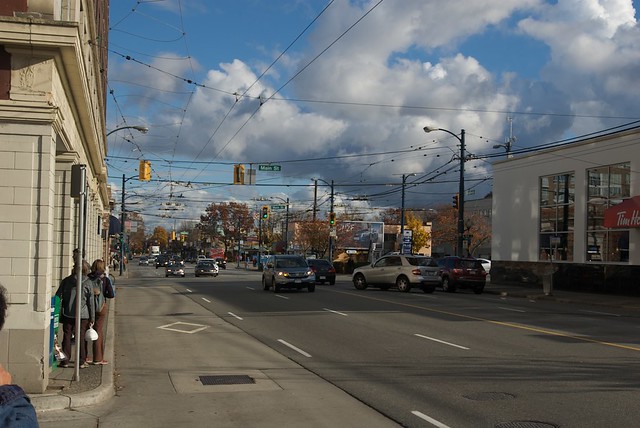CAMPAIGN FINANCE REFORM |
Legislation that would make Vancouver municipal parties disclose their donors and would cap corporate donations and overall campaign spending, might be in jeopardy. While the legislation has the support of the municipalities themselves, including Vancouver, several BC Liberal candidates have said the legislation is no longer a priority.
Campaign finance reform is increasingly important in Vancouver, where wealth disparity is growing. And with real-estate developers, often anonymously, pumping hundreds of thousands of dollars into civic campaigns to influence planning decisions, campaign finance reform cannot come too soon. The legislation was to be enacted before Vancouver’s upcoming November election. Are the Liberals stalling to help their wealthy associates?
HEIGHT |
A public forum will be held tonight at 6:30 at the Vancouver Public Library discussing the future of height in Vancouver. Details on a live stream of the forum will be available here. This forum is just a part of the community convergence that has occurred around this issue.
In an interview last week, City Director of Planning reiterated that the city planning department “believe[s] strongly in the value of engagement and consultation.”
The Mainlander recently reported on the negative impact the proposed height increases would have on the Downtown Eastside (DTES). This past Saturday, Jan 8, the Downtown Eastside Neighbourhood Council (DNC) general membership voted overwhelmingly to oppose this DTES condo tower plan.
When there is a rezoning, the City negotiates with the developer to extract contributions that will “benefit” the community (e.g. parks, social housing units, jobs, etc); on Saturday the DNC also voted to oppose the current method whereby residents are shut out of these negotiations.
Council is set to vote on the proposal for 7 condo towers in the DTES at 2:30 on Jan 20 2011. The public is welcome to speak on the rezoning policy, which can be found here.




